Chapter 7 bankruptcy debtors could amend filings to exempt tax refund
The best option for many individuals needing relief from debt and financial obligations is a Chapter 7 bankruptcy. Part of the bankruptcy process involves listing your assets, and determining which items may be kept-that is, exempted-from the bankruptcy.
However, what if a somewhat unexpected asset arrives after the bankruptcy filing? Might it be possible to exempt that asset as well? In the case of Schwab v. Rockel the United States District Court grappled with this issue, in relation to a tax refund. Schwab v. Rockel, 492 B.R. 824 (M.D.Pa. Feb 28, 2013).
A pending tax refund
The debtors filed a Chapter 7 bankruptcy in July. In their initial petition, they did not list or claim an exemption related to any potential federal income tax refund. However, five months later in December, during their first meeting with creditors, the debtors mentioned they would likely receive a tax refund in April of the next year.
The bankruptcy trustee-the person charged with administering the bankruptcy proceedings-filed paperwork to intercept the tax refund. Debtors then amended their bankruptcy filings to list the tax refund as an asset, and to exempt it under the applicable federal law. The trustee objected to this exemption on the tax refund.
Did the debtors act in bad faith?
On appeal before the United States District Court, the trustee argued that the debtors’ exemption claim on the tax refund should be denied outright because the debtors acted in bad faith by amending their exemption schedules late in the process. The trustee also argued that this prejudiced the rights of creditors who were not aware that the refund would be available.
The District Count noted that under the federal bankruptcy rules, a debtor may amend his or her schedules at any time before the case is closed, although a court may refuse to allow an amendment, if, for example, the debtor acted in bad faith.
Here, the debtors acted in good faith throughout the proceedings. They did not intentionally fail to disclose the refund. Rather, they admitted they were likely to receive a refund during the creditor meeting in December. In addition, the debtors could not know the exact amount of their tax refund until the taxable year had ended.
Thus, it was reasonable that the debtors did not consider their tax refund an asset when they were filing their bankruptcy petition many months before filing their income tax return. The debtors’ amendment of their schedules would be allowed.
Assess your financial situation
If you are seeking a fresh start, or even just need leeway to move your finances in a more positive direction, a bankruptcy filing may be your most viable option. Seek an experienced bankruptcy attorney who can fully assess your financial situation and advise you on the best approach based on your circumstances.


